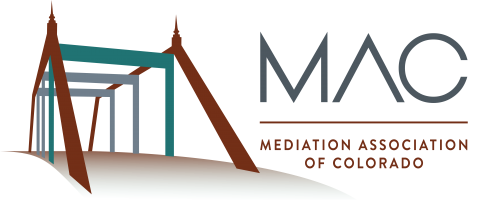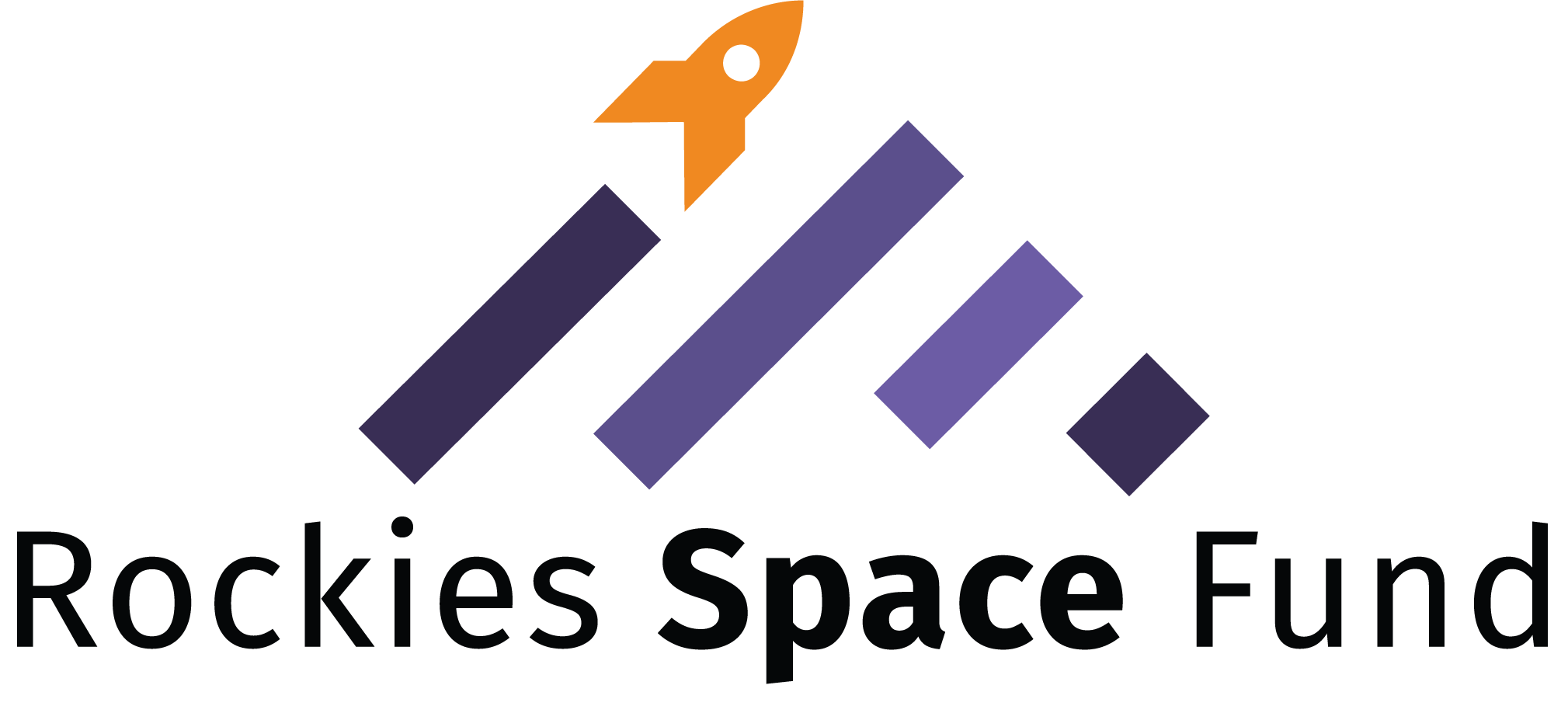Seeking justice and compensation for those injured in rideshare crashes.
Ridesharing services like Uber and Lyft have revolutionized transportation, providing millions of passengers with convenient and affordable travel options. However, the growing popularity of these services has also led to an increase in rideshare-related accidents and crashes.
According to a study from the University of Chicago, the introduction of rideshare services has been associated with a 2% to 3% rise in traffic fatalities nationwide, equating to approximately 1,100 deaths annually.[1] Colorado has seen a significant increase in rideshare usage, with thousands of daily trips in cities like Fort Collins, Denver, and Boulder. This rise in activity naturally correlates with more accidents involving rideshare vehicles, such as Uber, Lyft, Hovit, Wanderlift, Curb, and other providers.
Whether you are a passenger, pedestrian, cyclist, or another driver, being involved in a rideshare accident can leave you grappling with severe injuries, mounting medical bills, and complex insurance claims. Navigating the legal and financial challenges after such an accident can feel overwhelming.
Call Us Today for a Free Case Evaluation.
As Uber accident lawyers and Lyft crash attorneys, we represent rideshare injury victims by working tirelessly in seeking the full compensation deserved. We offer contingency fee representation (we only receive a fee if money is obtained), and we advance all litigation costs.
Let us handle the complexities of your case so you can focus on healing and recovery.
What Makes Uber and Lyft Accidents Unique?
Accidents involving rideshare vehicles often present unique legal challenges due to the complex relationship between drivers, passengers, and rideshare companies. Unlike traditional employer-employee relationships, Uber and Lyft classify their drivers as independent contractors, complicating liability claims. While the doctrine of respondeat superior holds employers liable for their employees’ actions, rideshare companies often argue that this does not apply to them because their drivers are not employees.
However, rideshare companies can still be held accountable under specific circumstances, such as failing to conduct proper background checks or allowing drivers with inadequate credentials to operate. Additionally, Colorado law requires rideshare companies to carry substantial insurance coverage, providing injured parties with additional avenues for compensation.
What Insurance Coverage Is Available for Rideshare Accidents?
Colorado law under C.R.S. § 42-7-103(2) establishes specific insurance requirements for rideshare services like Uber and Lyft to ensure that coverage is available in the event of an accident. The coverage varies depending on the driver’s status at the time of the crash:
- Driver Not Logged Into the App: When the driver is offline and not logged into the rideshare platform, only their personal auto insurance applies.
- Driver Logged In But Without a Passenger: If the driver is logged into the app but has not yet accepted a ride, rideshare companies must provide liability coverage in the following amounts:
- $50,000 per person for bodily injury
- $100,000 per accident for bodily injury
- $25,000 for property damage
- Driver En Route to Pick Up a Passenger or During a Ride: Once the driver has accepted a ride or is transporting a passenger, the insurance coverage increases significantly. The required coverage includes:
- $1,000,000 in liability coverage
- Uninsured/underinsured motorist coverage[2]
In addition to mandated coverages, Uber, Lyft, and other rideshare companies often have additional insurance which may or may not be applicable.
Seeking to implicate rideshare insurance policies and coverages can be difficult and fact-specific. As Uber accident attorneys and Lyft crash lawyers, we can advise you of the insurance that may apply in your case once we learn about the details of your accident.
What are Common Causes of Rideshare Accidents?
Rideshare accidents can result from various factors, including:
- Distracted Driving: Rideshare drivers frequently use their phones for navigation, communication, and ride management, increasing the risk of distractions.
- Fatigue: Many drivers work long hours or drive for multiple platforms, leading to exhaustion.
- Speeding: Pressure to complete rides quickly can result in reckless driving.
- Inexperienced Drivers: Some drivers lack the experience necessary to navigate traffic safely.
- Negligent Maintenance: Failure to maintain vehicles properly can lead to mechanical failures.
How Is Liability Determined in a Rideshare Accident?
Determining liability in a rideshare accident requires establishing fault. Depending on the circumstances, several parties may share responsibility, including:
- The Rideshare Driver: If the driver’s negligence, such as distracted driving or speeding, caused the accident.
- Uber, Lyft, or Another Rideshare Company: If the company failed to conduct proper background checks or allowed an unqualified driver to operate.
- Other Drivers: If another motorist’s negligence contributed to the crash.
- Vehicle Manufacturers: If a mechanical failure caused by a defective part led to the accident.
- Municipalities: If poor road conditions or inadequate signage played a role.
Our rideshare crash attorneys will conduct a thorough investigation to identify all liable parties and pursue maximum compensation on your behalf.
What Types of Compensation Can You Recover in a Colorado Uber Accident or Lyft Crash?
If you’ve been injured in an Uber or Lyft accident in Colorado, you may be entitled to recover several types of compensation depending on the severity of your injuries, the impact on your life, and the circumstances of the crash. Colorado law allows victims to seek damages to cover both economic and non-economic losses.
Economic Damages
These are monetarily quantifiable losses directly tied to the accident, including:
- Medical Expenses: Compensation for past, current, and future medical bills, including hospital stays, surgeries, rehabilitation, and medications.
- Lost Wages: Reimbursement for income lost due to time off work during your recovery.
- Loss of Earning Capacity: Damages for reduced ability to earn income in the future if your injuries prevent you from returning to your previous job or career.
- Property Damage: Costs for repairing or replacing your personal belongings damaged in the crash.
Non-Economic Damages
These address the more subjective impacts of your injuries, such as:
- Pain and Suffering: Compensation for physical pain and emotional distress resulting from the accident. Compensation is available for past, present, and future pain and suffering.
- Loss of Enjoyment of Life: Damages for the inability to participate in hobbies, activities, or other aspects of life you once enjoyed.
- Loss of Consortium: Compensation for the negative impact on your relationship with your spouse or family members due to your injuries.
Punitive Damages
In cases of extreme cases involving gross negligence or intentional misconduct, such as a rideshare driver operating under the influence, punitive damages may awarded. A rideshare company may also be subjected to punitive damages in some cases, such as if the driver does not have a valid driver’s license. Punitive damages are intended to punish the at-fault party and deter similar behavior in the future from other potential defendants.
What Should I Do If I Am Involved in a Colorado Lyft Accident?
Being involved in an Uber, Lyft, or other rideshare accident can be a stressful and overwhelming experience, but taking the right steps can protect your rights and strengthen your case. Here’s what you should do if you’re involved in a rideshare crash in Colorado:
Ensure Safety and Seek Medical Attention
- Move to a safe location, if possible, away from traffic.
- Check yourself and others for injuries and call 911 to report the accident and request medical assistance if needed.
- Even if you feel fine, consider seeking medical attention as some injuries, such as whiplash or internal trauma, may not show immediate symptoms.
Call the Police and File a Report
- Notify local law enforcement of the accident.
- Provide accurate and detailed information about what occurred.
- Obtain a copy of the police report, as it will serve as crucial evidence when filing a claim.
If you are not able to do these things right away because of the extent of your injuries, we can assist with these matters.
Gather Information at the Scene
If you are able to do so:
- Collect contact information for all involved parties, including the driver, other drivers, passengers, and any witnesses.
- Record the rideshare driver’s name, license plate number, and insurance details.
- Take photos and videos of the accident scene, vehicle damage, injuries, and road conditions.
Notify Your Insurance Company
- Contact your auto insurance provider to inform them of the accident.
- Provide them with the details you’ve collected but avoid giving a recorded statement until you’ve spoken with a rideshare attorney. If we are retained, we can assist with this notification.
Contact a Rideshare Accident Attorney
- Rideshare crashes often involve multiple insurance policies and complex liability issues. An experienced rideshare accident attorney can help identify which insurance policies apply and ensure you pursue maximum compensation for your injuries and losses.
Report the Accident to Uber, Lyft, or the Applicable Rideshare Company
- Report the incident and initiate a claim.
- Be concise in your communication and avoid admitting fault.
If we are retained to represent you, we will prepare this notification on your behalf.
How Long Do I Have to File a Lawsuit For a Rideshare Accident in Colorado?
If you’ve been injured in a rideshare accident involving Uber, Lyft, or another service, it’s crucial to understand the time limits for filing a lawsuit. In Colorado, these time limits are governed by the state’s statute of limitations, which varies depending on the circumstances of the accident.
General Timeline for Filing a Rideshare Accident Lawsuit
- Personal Injury Claims: For most personal injury claims, including those resulting from a rideshare accident, you have two years from the date of the accident to file a lawsuit (C.R.S. § 13-80-102).
- Motor Vehicle Accidents: If your claim involves injuries caused by a motor vehicle, such as an Uber or Lyft, you typically have three years from the date of the crash to file a lawsuit (C.R.S. § 13-80-101).
Exceptions to the Statute of Limitations
Certain situations may extend or modify the filing deadline:
- Claims Involving Minors: If the injured person is under 18, the statute of limitations may be tolled (paused) until the person reaches the age of majority.
- Delayed Discovery of Injuries: If injuries were not immediately apparent, the clock may start when the injuries are discovered or should reasonably have been discovered.
Importance of Acting Quickly
Delaying legal action can jeopardize your ability to recover the compensation you deserve. Over time, crucial evidence such as witness statements, accident reports, and surveillance footage can be lost or become less reliable, weakening your case. Acting promptly not only preserves this critical evidence but also ensures compliance with filing deadlines.
As a rideshare injury law firm, we are dedicated to monitoring all deadlines and managing your case timeline to protect your rights and maximize your chances of a successful claim. Contact us today to get started and let us handle the details so you can focus on recovery.
How Much Does It Cost to Hire a Rideshare Attorney?
At Anzen Legal Group, we handle rideshare accident cases on a contingency fee basis, meaning you pay nothing upfront. We only collect a percentage of the compensation we recover for you, ensuring no financial risk to you. If we don’t recover money for you, you will owe us nothing for attorney’s fees.
We also advance all necessary costs, such as court fees and expert witness expenses, which are typically repaid from your settlement or verdict. This arrangement allows you to focus on recovery while we handle your case.
Can I Sue Uber or Lyft Directly?
Determining liability in Uber or Lyft accidents can be complex due to the classification of drivers as independent contractors rather than employees. This distinction often shields rideshare companies from direct liability in some cases. However, there are specific circumstances where an injury victim may be able to sue Uber or Lyft directly, such as in cases involving:
- Negligent Hiring or Retention: If a rideshare company fails to conduct adequate background checks or continues to contract with a driver known to be unsafe, they may be held liable for resulting accidents. Additionally, if the driver does not have a valid insurance license, the rideshare company can also be sued.
- Inadequate Training: Should a company neglect to provide necessary training to drivers leading to an accident, they could be considered negligent.
- Vehicle Maintenance: If the company owns the vehicle and fails to maintain it properly, resulting in a mechanical failure that causes an accident, they may be liable.
There may other instances in which a rideshare company also may be sued. As a rideshare crash law firm, we can advise you of these circumstances.
In most cases, claims are directed toward the driver’s insurance or the rideshare company’s insurance policies, which provide coverage during specific periods of the ride.
Given the complexities involved, it’s crucial to consult with a knowledgeable Uber crash attorney or Lyft accident lawyer to evaluate the specifics of your case and determine the best course of action.
Why Choose Anzen Legal Group for Your Rideshare Accident Case?
At Anzen Legal Group, we understand the complexities of rideshare accident claims and are committed to providing personalized, aggressive representation. Based in Fort Collins, we bring deep knowledge of Colorado laws and extensive experience in handling Uber and Lyft accident cases. From investigating liability to negotiating with insurance companies, we work tirelessly to obtain justice and full compensation that our clients deserve.
If you’ve been injured in a rideshare accident, contact us today for a free consultation and case evaluation.
[1] BFI_RB_Barrios_The-Cost-of-Convenience_Ridesharing-and-Traffic-Fatalities.pdf












